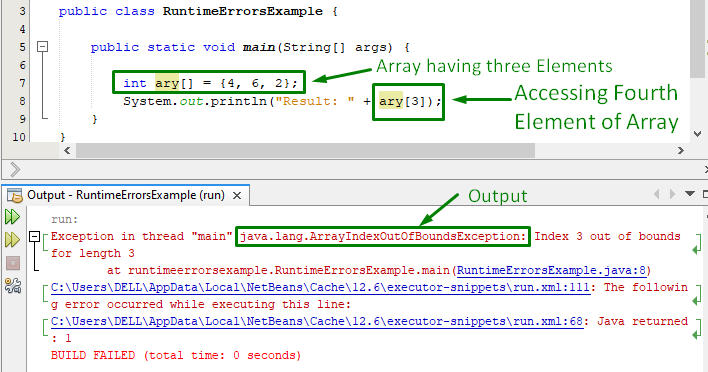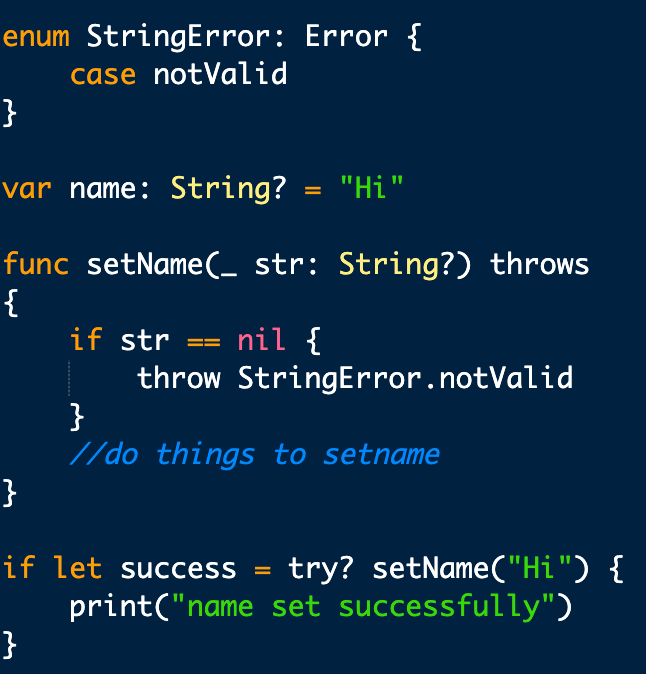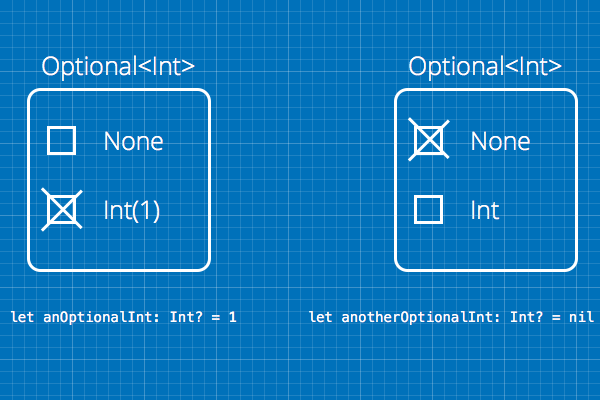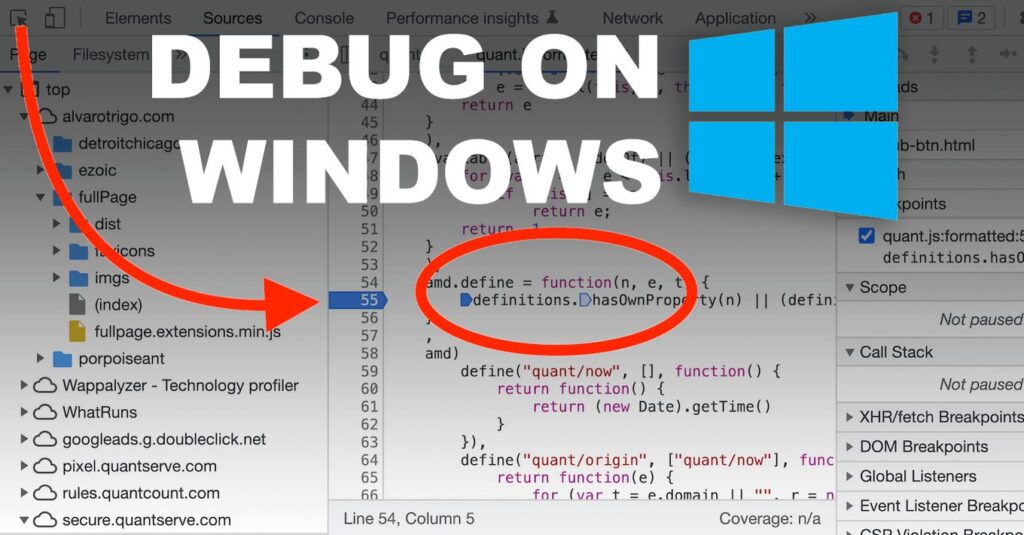Introduction:
Developing iOS applications with Swift offers a delightful and efficient experience for developers, but as with any programming language, runtime errors can occasionally disrupt the creative flow. Fear not, for Swift comes equipped with powerful tools and techniques that make debugging a pleasure rather than a headache. In this blog post, we’ll explore common runtime errors in iOS Swift and how to effectively tackle them, ensuring a smoother development process.
1. Understanding Runtime Errors:

Runtime errors occur when a program is running and something unexpected happens. This could be due to issues like unwrapping nil optionals, accessing out-of-bounds array elements, or attempting to cast types incorrectly. Swift’s strong typing system helps catch many errors at compile time, but runtime errors can still occur.
2. Optionals Unwrapping:

One of the common sources of runtime errors in Swift is unwrapping optionals without checking for nil values. Use optional binding with if let or guard statements to safely unwrap optionals and avoid crashes.
swift
if let unwrappedValue = optionalValue { // Use unwrappedValue safely } else { // Handle nil case }
3. Forced Unwrapping and Implicitly Unwrapped Optionals:

Avoid using forced unwrapping (!) unless you are certain the optional contains a value. Consider using implicitly unwrapped optionals sparingly and ensure that they are set before accessing them.
swift
if let unwrappedValue = optionalValue { // Use unwrappedValue safely } else { // Handle nil case }
4. Array Bounds and Indexing:
Array out-of-bounds errors can lead to crashes. Always check the array bounds before accessing an element.
swift
if index < array.count { let element = array[index] // Use the element safely } else { // Handle out-of-bounds case }
5. Type Casting:
Incorrect type casting can result in runtime errors. Use conditional casting (as?) or forced casting (as!) carefully, and handle the cases where casting fails.
swift
if let castedObject = someObject as? YourType { // Use castedObject safely } else { // Handle failed casting case }
6. Debugging Tools:

Swift provides excellent debugging tools to identify and rectify runtime errors. Xcode’s debugger allows you to set breakpoints, inspect variables, and step through code. Use the LLDB debugger commands in the console to gain insights into variable values and program flow.
swift
po variableName
7. Logging and Assertion:
Strategically placed print statements and assertions can help identify issues during runtime. Use print() to output information and assert() to enforce assumptions about the state of your program.
swift
print("Debugging information") assert(someCondition, "Assertion failed: This condition should be true")
Conclusion:
Debugging in Swift doesn’t have to be a daunting task. By understanding common runtime errors, employing safe unwrapping techniques, and utilizing Swift’s robust debugging tools, developers can transform the debugging process into a delightful experience. Embrace the challenges, learn from each debugging session, and leverage Swift’s features to create more reliable and resilient iOS applications. Remember, the joy of building something great often lies in the satisfaction of overcoming the hurdles along the way. Happy debugging!
